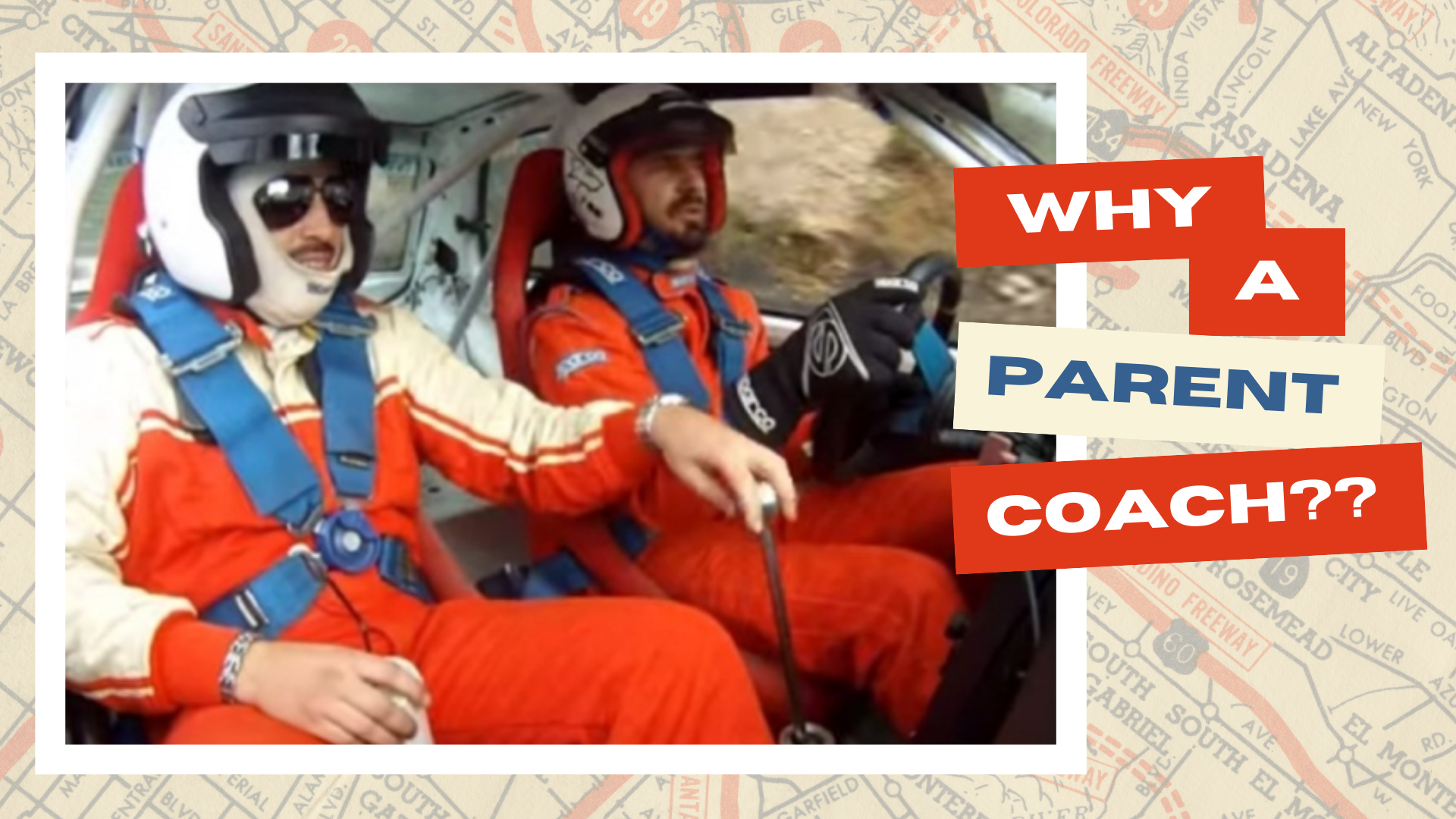Nothing to fix, that's the point.
 When my approach to parenting was making things worse, I tried a lot of “fixes.” Fix this behavior. Fix this issue. Fix this thing. Fix myself. Some of it helped—a little. But a lot of it just left me feeling frustrated, embarrassed, and, at times, ashamed.
When my approach to parenting was making things worse, I tried a lot of “fixes.” Fix this behavior. Fix this issue. Fix this thing. Fix myself. Some of it helped—a little. But a lot of it just left me feeling frustrated, embarrassed, and, at times, ashamed.
Here’s the thing: fixing your kid isn’t a parenting strategy. Fixing is what you do to a broken iPhone screen. But when you’re deep in the trenches of parenting a neurodivergent child, it’s easy to fall into that mindset. You just want life to be less hard. You want to make things better, and sometimes, yeah, you just want to fix it.
But that instinct? That urge to fix? It comes from a long, painful history. In the past, kids who weren’t “fixable” were abandoned, institutionalized, and mistreated. In the 1800s, they were left on the streets. In the 1900s, they were sent to institutions, separated from their families, and forced to endure cruel treatments. The trauma spread across generations.
Thankfully, we’ve learned more. We understand more—about brains, behaviors, and how to support kids instead of trying to “correct” them. More of the world is embracing inclusion. More stories are being told that reflect the real, beautiful experiences of neurodivergent people. That gives me hope.
I’ve been seeking out stories and role models for this parenting journey and one that completely blew me away was The Divergent Gift.
I recently attended a preview of this Oregon-made documentary, and I left feeling deeply moved and inspired. The film was created by a dad trying to understand his neurodivergent child—while also reflecting on his own childhood. The way he weaves their stories together is perfect. And his son? He steals every scene.
But what makes this film truly special is how it showcases neurodivergent voices. The adults interviewed in the film are just as compelling as the filmmaker’s son—sharing stories filled with inspiration, empowerment, and humor. These are the stories every parent needs to hear to truly understand that there is nothing to fix.
The onscreen visuals were stunning. The entire film is packed with animations, motion graphics, and visual effects that bring to life the experiences being described. And here’s the best part—the filmmaker didn’t just create these visuals himself. He hired neurodivergent artists. He sent them rough cuts of the film and let them choose the moments that resonated with them most.
That’s what makes The Divergent Gift such a rare and important film—it isn’t a neurotypical person explaining neurodivergence from the outside. It’s a story told by neurodivergent people, in their own voices, in their own ways with no apologies.
See–nothing to fix here.

 By
By


